RBI reinforces security norms for payment companies
By MYBRANDBOOK

The Reserve Bank of India (RBI) has tightened its supervision norms over payments companies storing customer data, due to the rising cybersecurity threats and breaches in India. All the payment system operators (PSOs) will now have to submit detailed “compliance certificates” to the central bank twice a year from April 1, 2021, onwards.
The documents have to be signed by their Chief Executive Officer (CEOs) or managing directors (MDs), confirming the adherence to all the RBI regulations around security and storage of payment data.
RBI’s department of payment and settlement systems (DPSS) issued a letter to all the PSOs operating in India, asking them to submit their certificates on April 30 and October 31 for the period ending March 31 and September 30, respectively.
Along with this, the Indian PSOs will also have to submit board-approved system audit report (SAR) by CERT-empanelled auditors. The central bank had introduced this provision back in April 2018 and it will continue in practice, even as the PSOs take a step to ensuring proper certifications.
The new specification comes at a time when several Indian payments and tech startups across the sectors have witnessed data leaks and cyber-attacks. Some of these companies are grocery delivery giant BigBasket (acquired by Tata), edtech startup Unacademy, crowdfunding platform Impact Guru and many others.
Merchants like Amazon, Microsoft, Netflix, Flipkart, Zomato and others to store customers’ credit card credentials “and related data” on their servers under the new payment aggregators and payment gateway (PA-PG) norms that come into effect this year, are also prohibited by the RBI. The guidelines also bar payment aggregators from storing customer card credentials within their database or the servers assessed by the merchants.
RBI has decided to not allow merchants to store such financial data as they would anyway not be answerable in case of any security breaches since the norm pertains to payment aggregators and gateways. The new guidelines will treat all payment aggregators as regulated entities under the Payment and Settlement Systems Act (2007) under the central bank’s direct supervision.


Legal Battle Over IT Act Intensifies Amid Musk’s India Plans
The outcome of the legal dispute between X Corp and the Indian government c...

Wipro inks 10-year deal with Phoenix Group's ReAssure UK worth
The agreement, executed through Wipro and its 100% subsidiary,...

Centre announces that DPDP Rules nearing Finalisation by April
The government seeks to refine the rules for robust data protection, ensuri...

Home Ministry cracks down on PoS agents in digital arrest scam
Digital arrest scams are a growing cybercrime where victims are coerced or ...


Icons Of India : AMIT CHADHA
Amit Chadha serves as the CEO and Managing Director of L&T Technology ...
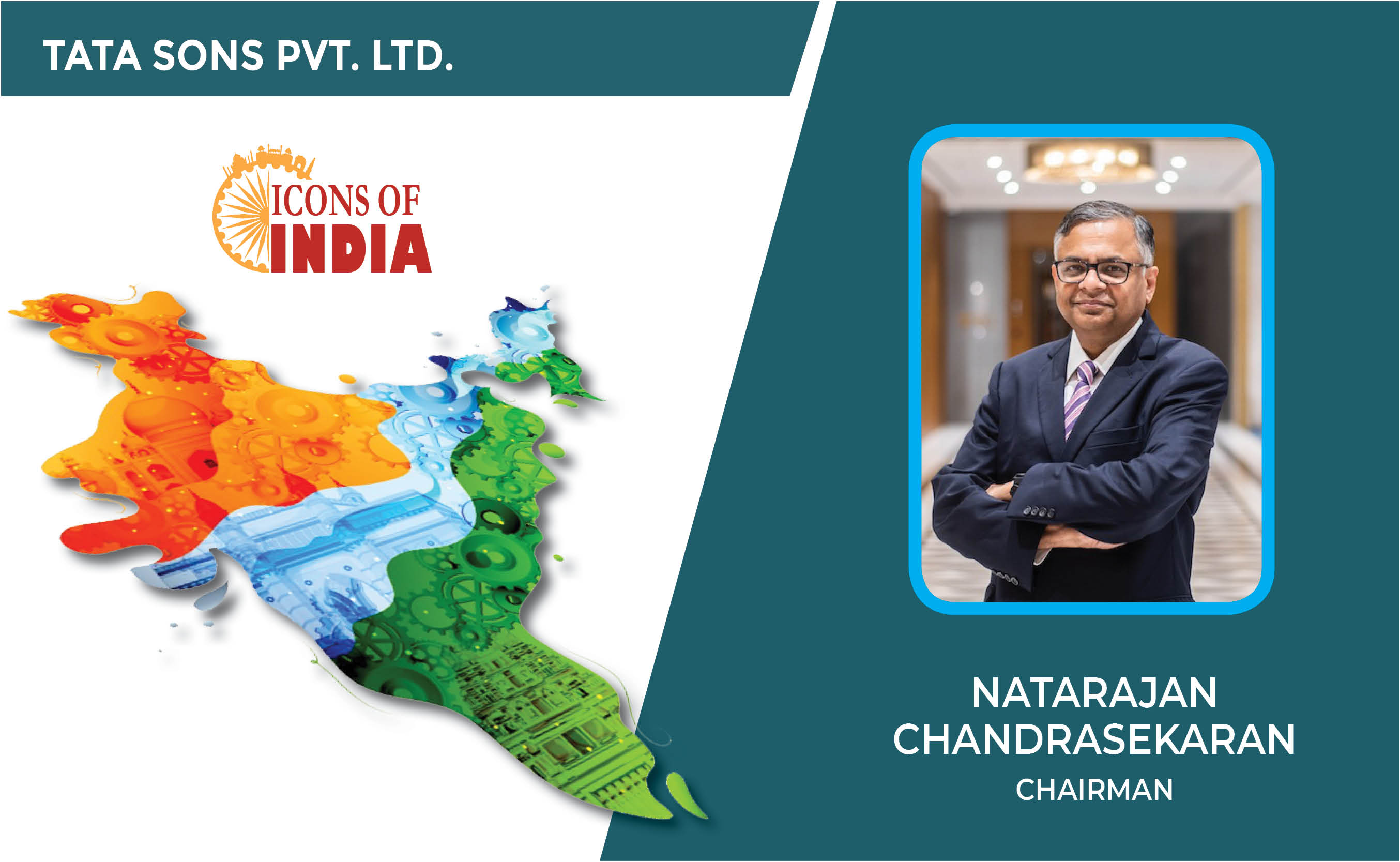
Icons Of India : NATARAJAN CHANDRASEKARAN
Natarajan Chandrasekaran (Chandra) is the Chairman of Tata Sons, the h...
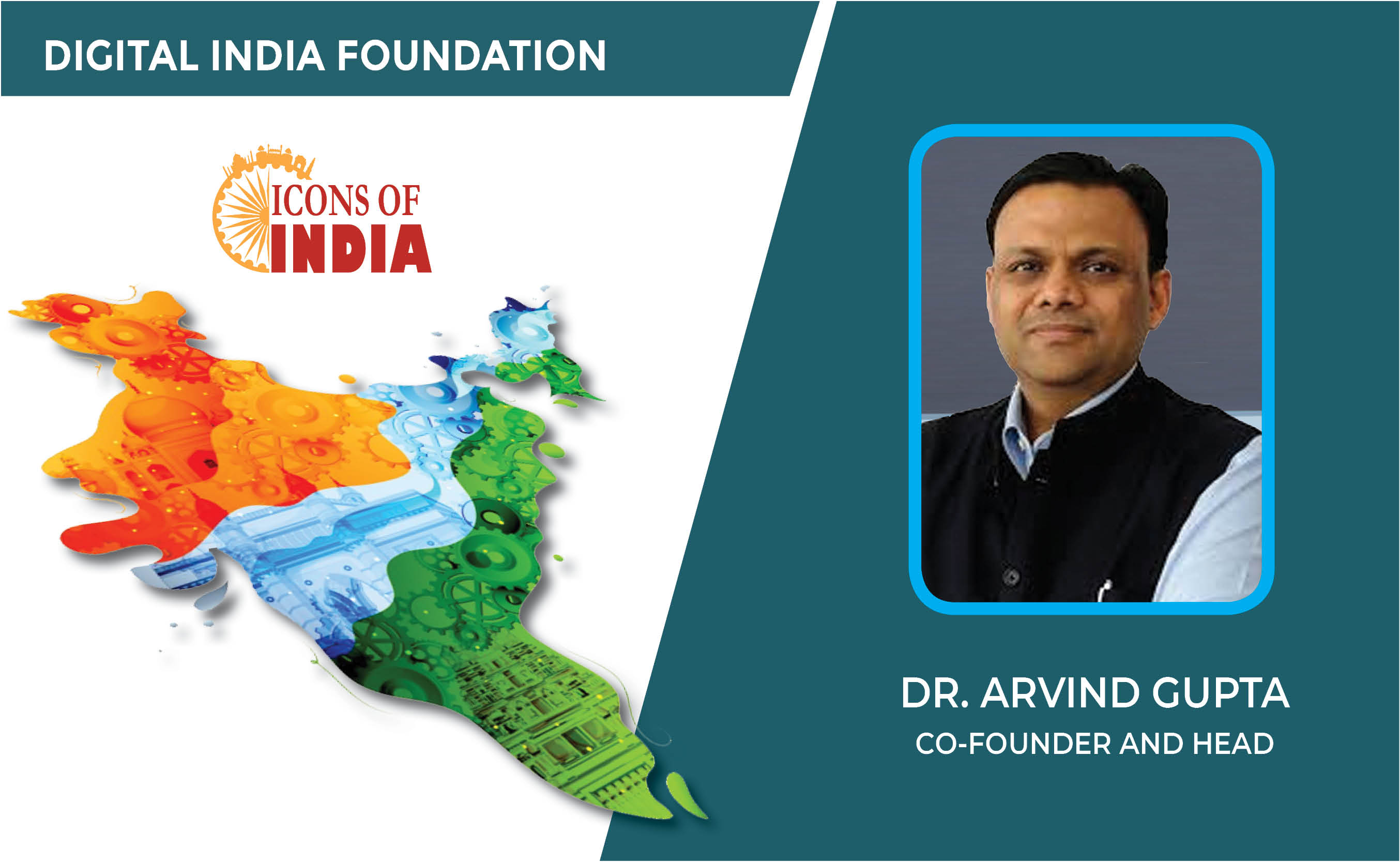
Icons Of India : Dr. Arvind Gupta
Arvind Gupta is the Head and Co-Founder of the Digital India Foundatio...

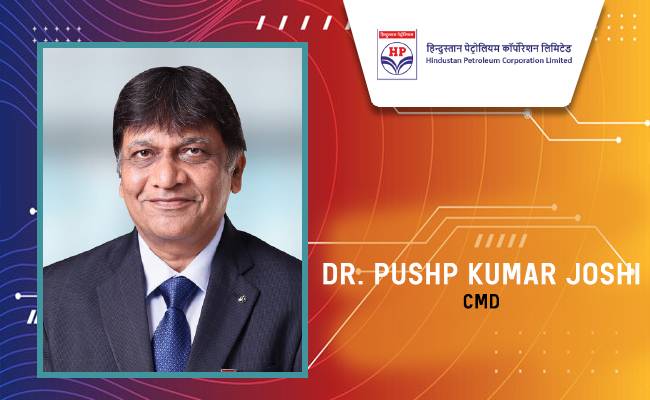
HPCL - Hindustan Petroleum Corporation Ltd.
HPCL is an integrated oil and gas company involved in refining, market...
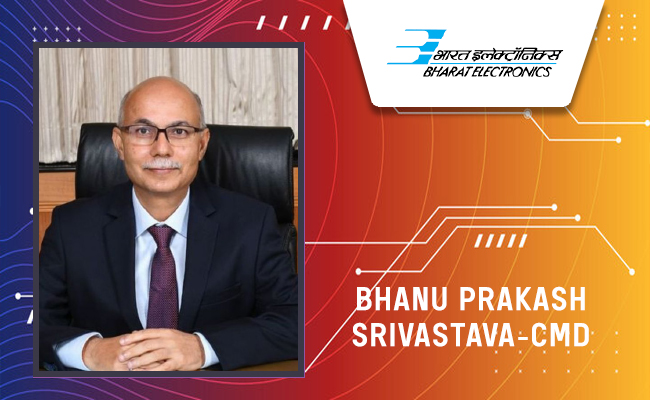
BEL - Bharat Electronics Limited
BEL is an Indian Government-owned aerospace and defence electronics co...
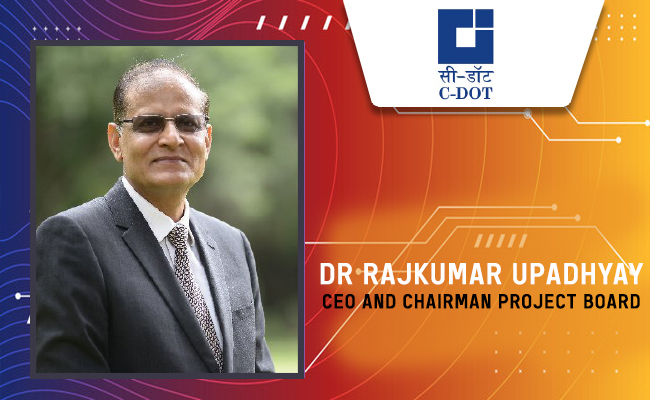
C-DOT - Center of Development of Telematics
India’s premier research and development center focused on telecommu...

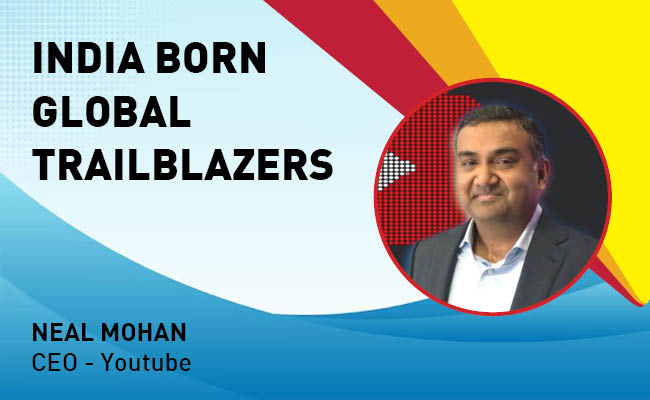
Indian Tech Talent Excelling The Tech World - NEAL MOHAN, CEO - Youtube
Neal Mohan, the CEO of YouTube, has a bold vision for the platform’s...
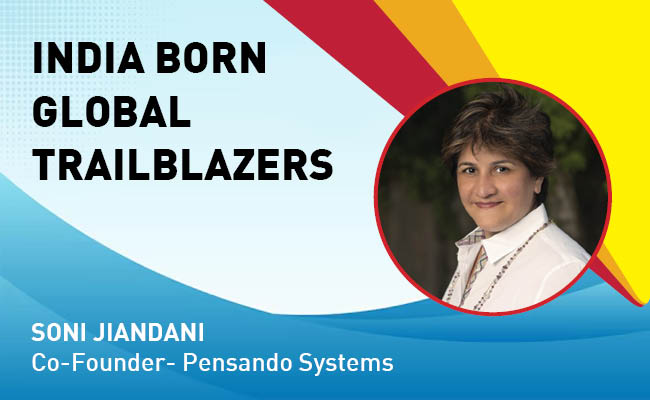
Indian Tech Talent Excelling The Tech World - Soni Jiandani, Co-Founder- Pensando Systems
Soni Jiandani, Co-Founder of Pensando Systems, is a tech visionary ren...
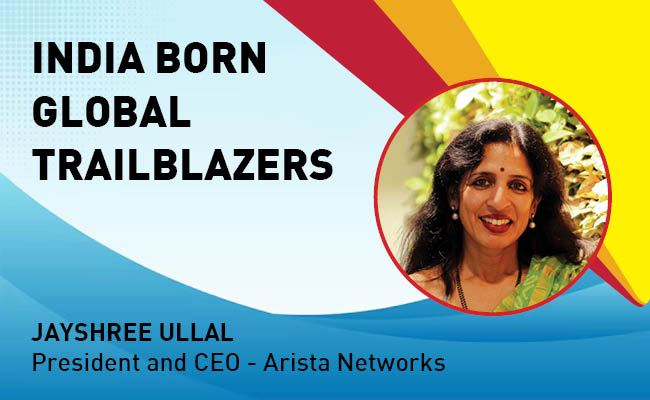
Indian Tech Talent Excelling The Tech World - JAYASHREE ULLAL, President and CEO - Arista Network
Jayshree V. Ullal is a British-American billionaire businesswoman, ser...
 of images belongs to the respective copyright holders
of images belongs to the respective copyright holders